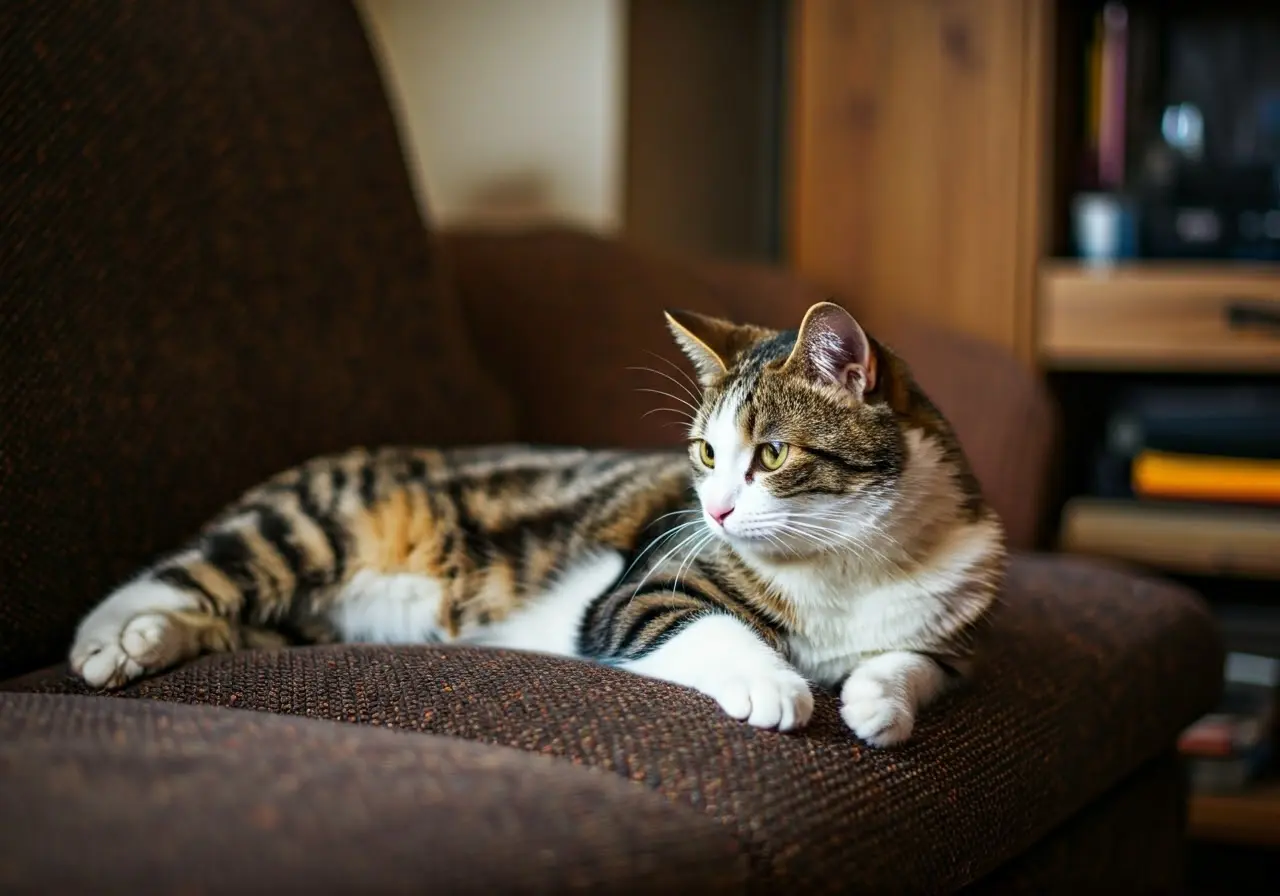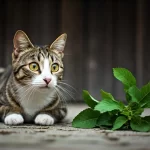Caring for a cat at home is rewarding but comes with its own set of challenges. As loving pet parents, it’s our duty to ensure our feline friends are comfortable, healthy, and happy. However, it’s easy to make mistakes that can affect their well-being. Let’s explore some common pitfalls and how to avoid them in in-home cat care.
1. Neglecting Regular Veterinary Visits
Regular vet check-ups are crucial to ensure your cat’s health. Many cat owners assume indoor cats don’t need frequent vet visits, but this couldn’t be farther from the truth. Timely vaccinations and health assessments can prevent diseases. Skipping routine veterinary check-ups and vaccinations can prevent early detection of health issues and increase the risk of preventable diseases 10 Common Pet Care Mistakes to Avoid.
In-home cats may face particular health challenges, such as obesity or dental disease, which can be identified and treated early with regular vet appointments. A qualified vet can also offer advice on nutrition and overall wellness, helping to adapt care as your cat ages. Remember, even minor symptoms can be indicators of a more serious condition, so it’s better to err on the side of caution. Vet visits not only protect physical health but can also address behavioral issues, as medical conditions often manifest as unusual behaviors.
2. Inconsistent Feeding Habits
Cats thrive on routine. Changing their feeding times or quantities frequently can lead to digestive issues and behavioral problems. Stick to a set schedule and learn about portion control to keep your cat healthy. Your pet relies on you for its nutrition needs! Pets can’t eat what they would “in the wild”, so make sure you’re feeding them well Pet Nutrition.
Additionally, ensure that the food you provide is nutritionally balanced. Consult your vet for food recommendations tailored to your cat’s specific dietary needs based on their age, weight, and health condition. Excessive treats or feeding outside of meal times can contribute to weight gain, which poses its own health risks. Optimal feeding involves more than just food quantity; the quality and timing are equally important.
3. Ignoring Litter Box Maintenance
A dirty litter box is a huge red flag in cat care. Cats are particular about their hygiene, and a neglected litter box can cause stress and health issues. Regular cleaning and the right choice of litter can make all the difference. It’s essential to place the litter box in a quiet, accessible location where your cat feels safe. Cleaning the box daily helps prevent odors and encourages regular use, which is crucial for cat’s urinary health.
If you’re facing issues with inappropriate elimination, consider whether your cat might be displeased with the litter texture, scent, or box location. Regularly washing the litter tray and changing the contents minimizes the risk of infections. Cats, by nature, are very clean animals, so providing them with the proper facilities is a fundamental aspect of their care. Monitoring litter box habits can also provide early signs of potential health problems, such as urinary tract infections or kidney issues.
4. Lack of Mental Stimulation
Cats are intelligent creatures and need mental stimulation to prevent boredom and behavioral issues. Ensure you provide toys, puzzle feeders, and interactive playtime to keep their minds engaged. Cats like to jump, climb, and explore. Consider investing in a cat tree or shelves that allow your feline to survey their area from an elevated perspective Enrichment.
The environment should also change to reflect seasonal shifts or just to offer variety. This could be as simple as rotating toys or creating new hiding spots. For many cats, window perches provide endless entertainment as they watch the outside world. Not only does this engagement prevent destructive behavior, but it also enhances your pet’s overall quality of life.
5. Disregarding Cat’s Natural Instincts
Cats have natural instincts, such as scratching and hunting. Not accommodating these behaviors can lead to frustration. Offer scratching posts and toys that mimic prey to satisfy their instincts. Scratching is vital for claw maintenance and helps them stretch and mark their territory visually and scent-wise. A mix of textures and post locations can mitigate furniture damage and fulfill their need to claw.
Hunting instincts can be engaged through play sessions with small toys or laser pointers, mimicking prey movements. Creating opportunities for your cat to pounce and chase not only meets natural behavior needs but also provides exercise. Note, however, that laser pointers should be used wisely to avoid frustration or inappropriate pouncing. Always end play sessions with a tangible toy catch to satisfy the predatory sequence.
6. Inappropriate Use of Human Food
Feeding cats certain human foods can be harmful. While sharing a treat might seem kind, be wary of foods that are toxic to cats, such as onions, garlic, and chocolate. Always check if anything you offer as a treat aligns with their dietary needs—cats are obligate carnivores, and inappropriate feeding can lead to nutritional deficiencies or serious health issues.
Keeping a separate feeding area and adhering strictly to their food can help avoid accidental ingestion of harmful items. It’s wise to educate all household members about what can and cannot be fed to the family cat. In cases of suspected ingestion of toxic substances, contact your veterinarian immediately.
7. Overlooking Hydration Needs
Cats often don’t drink enough water, which can lead to urinary issues. Encourage drinking by providing multiple water sources or using a cat fountain to keep them hydrated. Changing water regularly and keeping bowls clean enhances the appeal, especially for cats that are picky about water freshness.
Adding wet food to their diet can increase overall water intake, or consider adding some chicken broth or tuna juice to water to make it more enticing. If your cat seems uninterested in water, it might be worth looking into why—there could be medical reasons at play. Ensuring proper hydration is a critical component of preventing kidney problems, a common ailment in older cats.
8. Not Adapting to Changes in Environment
Cats are sensitive to changes in their environment. Whether it’s a move, new furniture, or loud noises, help your cat adjust by providing safe spaces and gradual introductions to new stimuli. Allow them to explore changes at their own pace; forcing interactions can lead to stress and anxiety.
During transitions, maintain their routine as closely as possible to minimize disruption. A consistent schedule can provide a sense of security. For larger events, like moving house, setting up a dedicated “safe room” for your cat can be beneficial until they are ready to explore further. Offering reassurance and positive reinforcement during these times can also help alleviate anxiety.

















